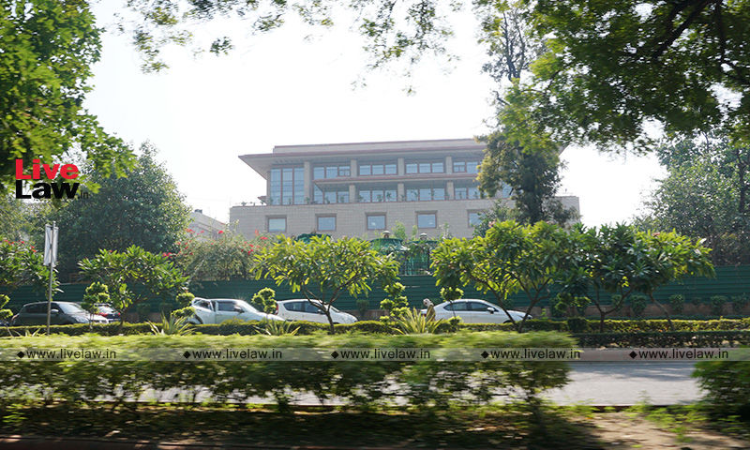The Delhi High Court has held that a mere apprehension expressed by the prosecution that the accused may flee the course of justice, cannot be the sole determinative factor for denying benefit of Section 445 Code of Criminal Procedure. Sec. 445 of CrPC states that "where any person is required by any Court or officer to execute a bond with or without sureties, the Court or officer may, except...

